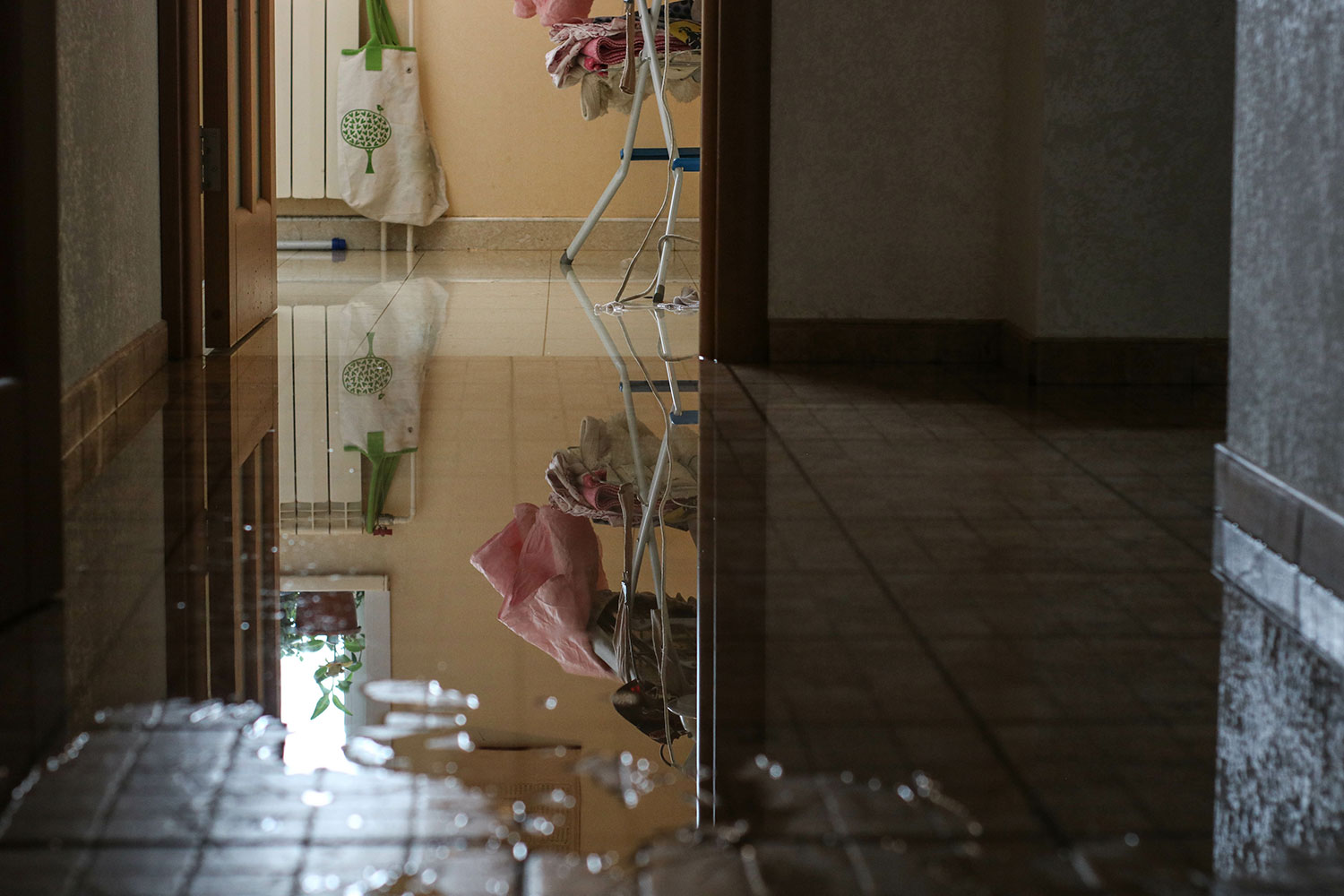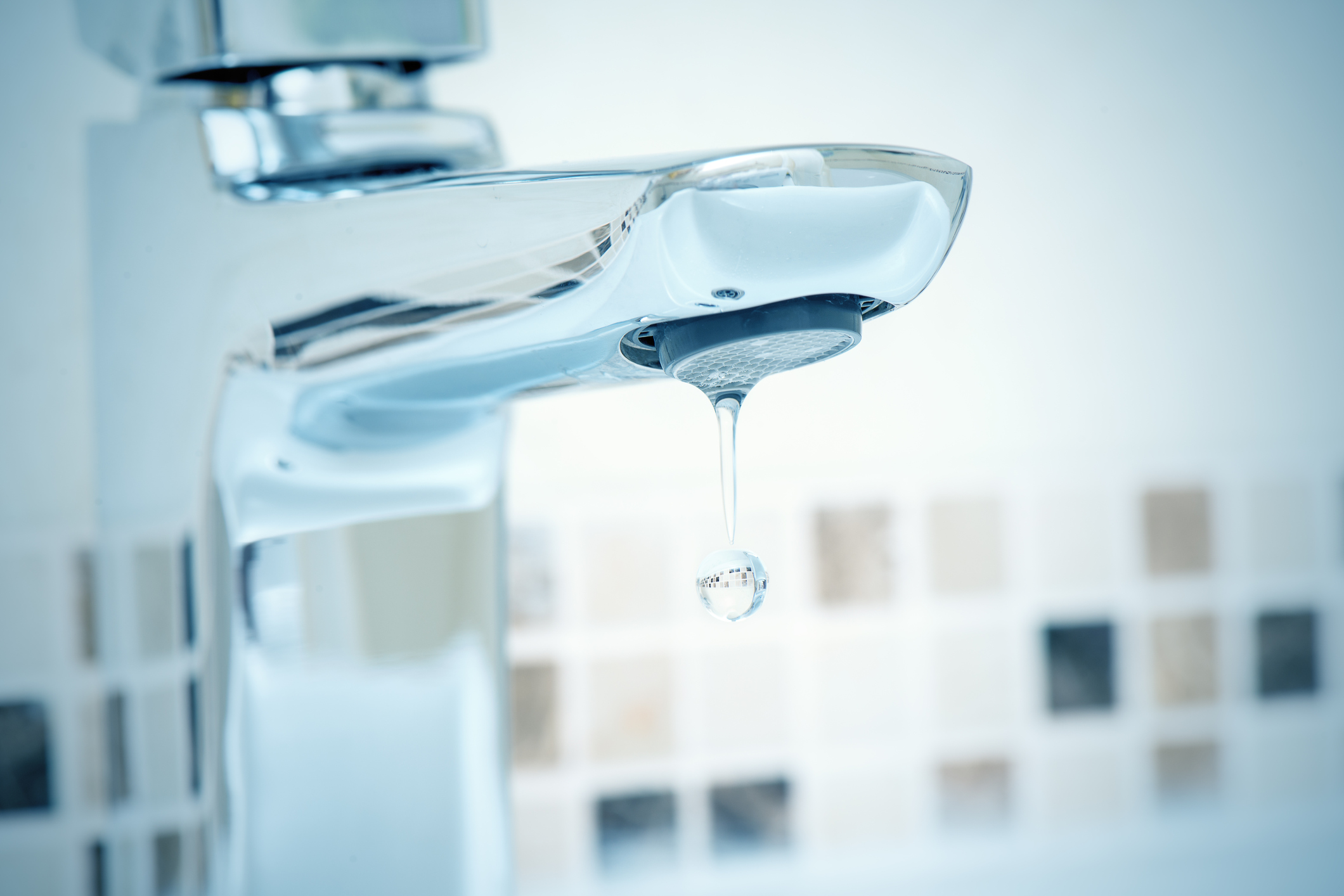What Causes Water Damage in the Bathroom
What Causes Water Damage in the Bathroom
Blog Article
Right here below you'll find a bunch of outstanding ideas pertaining to How to Repair and Prevent Bathroom Water Damage?.

Water damage often happens in the bathroom as a result of the water made use of day-to-day. Often, the damages could be a little mold from the shower. Other times, it's huge damage on your floor. Whatever it is, it is constantly excellent to recognize the reason as well as prevent it before it takes place.
This overview will certainly undergo some of the common sources of water damage in the shower room. We will certainly likewise examine what you can do to stop these reasons from damaging your restroom. Let's dive in.
These are the usual reasons you would have water damage in your bathrooms and also exactly how you can find them:
Excess Moisture
It's trendy to have that lengthy shower as well as splash water while you hem and haw as well as act like you're performing, however in some cases these acts could create water damage to your shower room.
Splashing water around can create water to visit corners and also develop molds. See exactly how you spread excess dampness around, as well as when you do it, clean it up to prevent damages.
Fractures in your wall floor tiles
Restroom wall surface ceramic tiles have been particularly developed for that purpose. They secure the wall from dampness from people taking showers. However, they are not unbreakable.
Sometimes, your shower room wall floor tiles crack and also enable some dampness to leak right into the wall. This can potentially damage the wall if you do not take any type of activity. If you discover a split on your wall floor tiles, fix it quickly. Don't wait till it destroys your wall surface.
Overflowing commodes and sinks
As people, sometimes we make errors that can trigger some water damage in the washroom. For example, leaving your sink faucet on could trigger overruning and damages to other parts of the restroom with dampness.
Also, a malfunctioning toilet might create overflowing. For instance, a busted toilet manage or various other parts of the cistern. When this occurs, it can damage the floor.
As quickly as you see an overflowing sink or bathroom, call a plumber to help take care of it immediately.
Burst or Dripping Pipelines
There are many pipes lugging water to various parts of your bathroom. Some pipes take water to the commode, the sink, the faucets, the shower, and numerous various other areas. They crisscross the small area of the restroom.
Occasionally, these pipelines could get rustic and also ruptured. Other times, human action could trigger them to leakage. When this takes place, you'll locate water in the corners of your bathroom or on the wall.
To identify this, keep an eye out for gurgling wall surfaces, molds, or mildew. Call a professional emergency plumbing technician to repair this when it occurs.
Roof covering Leakages
Sometimes, the problem of water damage to the bathroom might not come from the restroom. For instance, a roofing leakage might create damages to the shower room ceiling. You can detect the damages done by considering the water discolorations on the ceiling.
If you locate water discolorations on your ceiling, examine the roof covering to see if it's harmed. After that, call a specialist to aid address the concern.
Verdict
Water damage to your shower room can be aggravating. Nonetheless, you can manage it if you stop a few of the reasons pointed out in this guide. Call a professional emergency plumber if you notice any extreme damages.
How to Prevent Water Damage in Your Bathroom?
Water damage repair is an expensive, meticulous, and lengthy process. Unfortunately, bathrooms are the most susceptible rooms to water damage due to toilets, showers, and sinks. Pipes and fixtures wear out over time and are not immune to damage. But all is not lost, as there are ways to prevent water damage from occurring in your bathroom.
Check Your Plumbing
Nothing lasts forever, especially pipes, which can rust and begin leaking over time. You should periodically conduct pipe inspections and pay attention for any musty smells or water stains that may indicate you need water damage repair. Here are some things to check:
Frequently test valves for your toilet, shower, and sink to ensure they are properly working. Check faucet supply lines hidden under vanities and replace when needed. Replace cracked or deteriorating caulking along sinks, tubs, and showers. If you notice a clog in your sink, call in a professional. Since you can’t check the pipes in the wall, keep an eye out for stains, drywall bubbling, musty smells, and excess moisture; if the bathroom is on a second level, check the ceiling of the room directly below for these signs. Don’t Overwork Your Toilet
One of the most common reasons bathrooms need water damage repair is due to overflowing toilets. Save yourself the hassle of cleanup by being mindful and not pushing your toilet to extreme limits. If you have young children, it is especially important to keep an eye on them when they are in the bathroom and to teach them how to avoid clogging the toilet. Here are some more tips to help prevent your toilet from overflowing:
If you have a septic tank, only use septic-safe toilet paper Do not flush anything down the toilet besides toilet paper; items like diapers and sanitary napkins will clog the piping Pay attention to your toilet’s water level: If it’s low, it could mean it is partially clogged or that there is a crack in the toilet bowl https://www.alure.com/home-improvements-blog/resources/how-to-prevent-water-damage-in-your-bathroom

As a keen reader on How to Repair and Prevent Bathroom Water Damage?, I thought sharing that piece of content was essential. So long as you enjoyed our article please don't forget to pass it around. I thank you for reading our article about How to Repair and Prevent Bathroom Water Damage?.
Visit Page Report this page